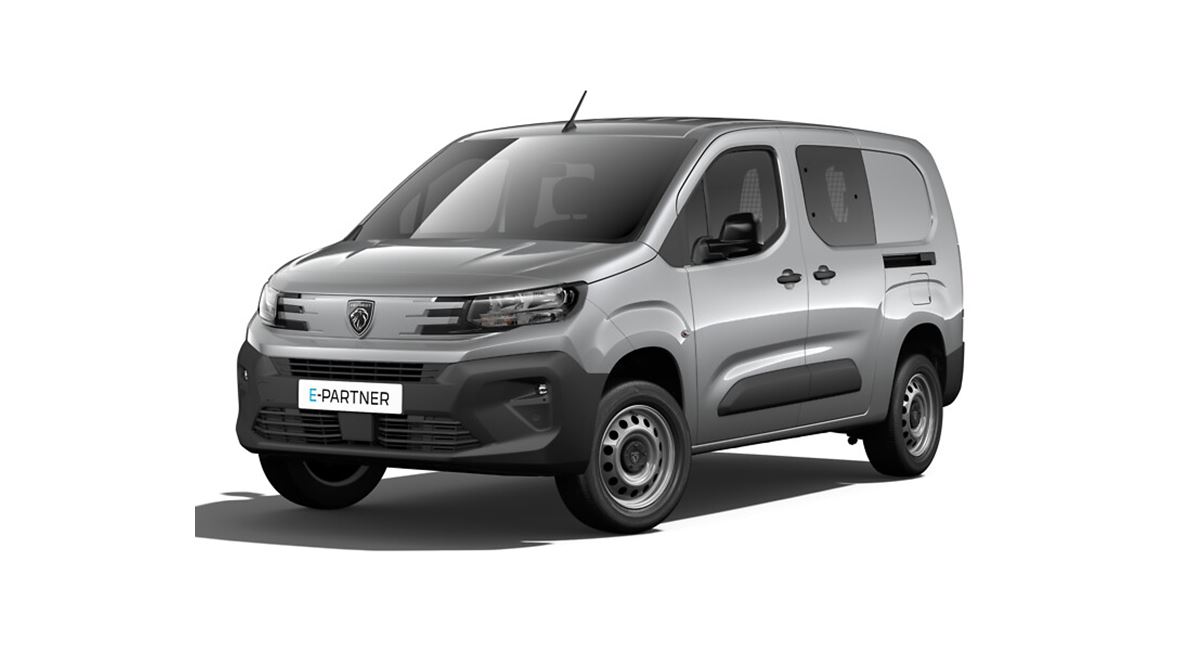

The Peugeot Partner is a popular and versatile light commercial vehicle (LCV) or panel van that has been in production across several generations since 1996. It is well-regarded for its practicality, range of body styles (standard/long and crew van), and a choice of efficient petrol, diesel, and electric powertrains.
Key Features
The current third generation Peugeot Partner is designed on a variation of the EMP2 platform, offering modern features such as the PEUGEOT i-Cockpit® with a smaller steering wheel and digital instrumentation, and advanced driver assistance systems.
Modularity and Capacity: A key feature across generations is the flexible interior. Current models feature the optional Multi-Flex modular bench seat (or Extenso Cab in earlier models), which allows the outer passenger seat to fold away, creating a flat floor for a load-through hatch. This extends the maximum load length from around 1.8m (standard version) to over 3.4m (long version) and increases the load volume from 3.3m³ to 4.4m³.
Payload and Dimensions: The Partner is available in two lengths, Standard (approx. 4.4m) and Long (approx. 4.75m), and offers a class-leading payload capacity of up to 1,000 kg (1 tonne).
Powertrains: Modern options include efficient BlueHDi diesel and PureTech petrol engines, as well as the all-electric e-Partner with a WLTP range of up to 213 miles and a 136 hp motor.
Common Problems and Reliability
The Partner has a generally good reputation for durability, especially the older, simpler engines like the 1.9 D (DW8) diesel and the 1.4L and 1.6L petrol engines in the first generation. However, like any vehicle designed for heavy use, it has some common issues:
Wear and Tear: Suspension components like front suspension arms and bushes can wear prematurely, especially if the van is regularly run with heavy loads.
Diesel Particulate Filters (DPF): Diesel models that are primarily used for short, urban journeys are prone to DPF blockages, requiring regeneration cycles or cleaning.
Electrical Faults: Various electrical gremlins have been reported across generations, including issues with window regulators, central locking, and dashboard warning lights.
Engine Specific Issues:
HDi Diesels: Generally reliable, but sensitive to oil quality and require timely leak repairs and cleaning to avoid turbocharger damage.
PureTech Petrols: Modern downsized engines can have issues with carbon buildup on the intake valves and demand high-quality oil for longevity.
Sliding Doors: The sliding side doors should be checked to ensure they do not jam and operate smoothly.